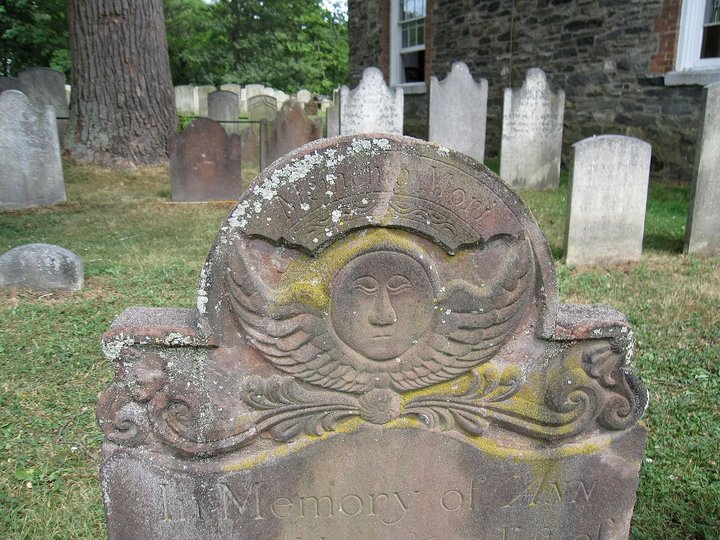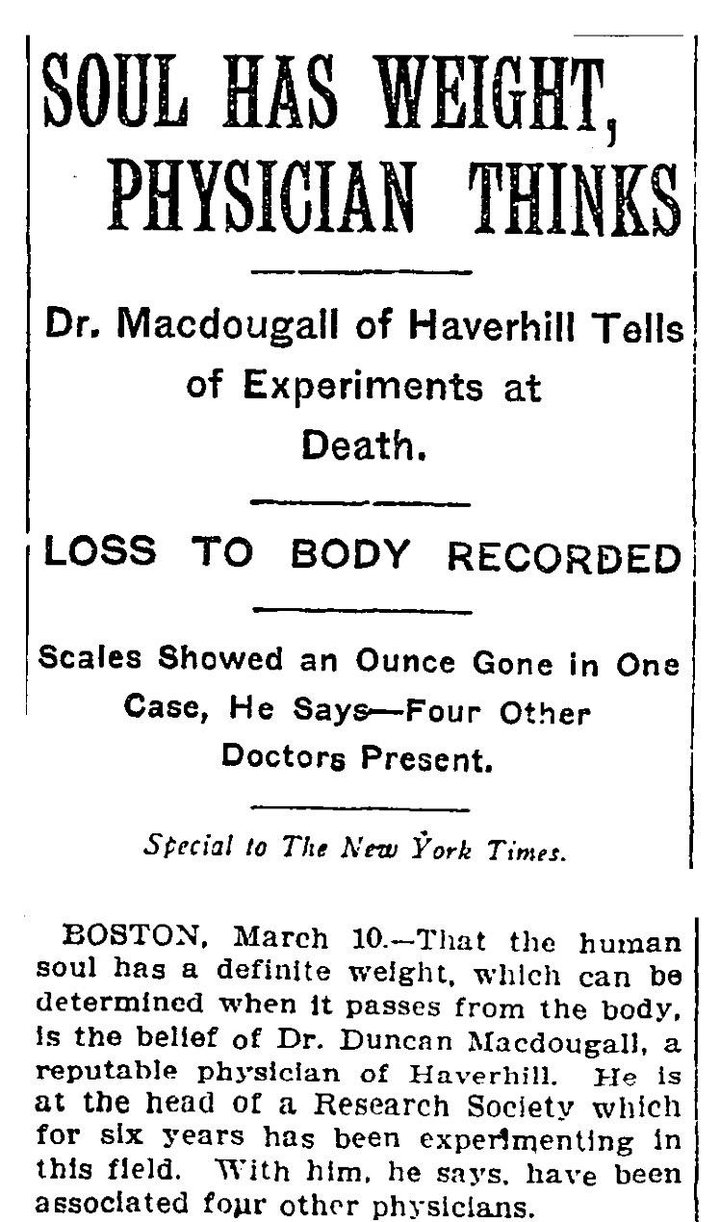…but I’m not a soldier.
— All These Things That I’ve Done, Brandon Flowers/The Killers
###
A chance comment about “souls” in response to last week’s noodling about free will sent me back 72 years, to the Convent of the Sacred Heart, which I attended aged five to six under the ever-watchful eyes of Sister Ann. It was a matter of convenience—the regular kindergarten was a mile distance, while the convent was located a couple of minutes from my childhood home in Kent, England.
“Your soul is in here,” she explained, patting her black nun’s robe in the general area of her liver. “When you’re born, it’s snowy white, but when you sin, you get a black spot on it. If you die with black spots on your soul, you won’t go to heaven, so you must ask forgiveness for your sins every day.”
There’s something deceptively logical about her theology: a person has a material soul, an actual something that wings off when you die carrying with it your “true self.” If only life were that easy: a tangible soul, all white = good, black spots = bad. Not that Sister Ann was the first to consider that we might have actual organs called “souls.” And, of course, when we die, our souls presumably shuffle off this mortal coil and head to, um, somewhere else (usually up, if I understand correctly). Without a soul, dead is dead, so if you believe in life hereafter, you’d better have a soul.

And there it goes! Depiction of the soul on 17th century tombstone. Old Dutch Church of Sleepy Hollow. (Gryffindor/Wikipedia. GNU license)
In 1901, Dr. Duncan MacDougall of Haverhill, Massachusetts, attempted to show that souls have mass by having six dying patients laid on a special bed “arranged on a light framework built upon very delicately balanced platform beam scales.” He proceeded to note any change in weight at the moment of death. His very first patient confirmed, to his satisfaction, that the soul does indeed weigh something:
“At the end of three hours and forty minutes he expired and suddenly coincident with death the beam end dropped with an audible stroke hitting against the lower limiting bar and remaining there with no rebound. The loss was ascertained to be three-fourths of an ounce.”

Six years after experiments with dying patients, Dr. MacDougall publicized his “discovery.” (New York Times, 3/11/1907. Public domain)
If you know how to convert from imperial to metric, you’ll know the dude’s soul, according to MacDougall, weighed “21 Grams.” Hence the 2003 crime flick of that name from the Mexican director Alejandro González Iñárritu.
After such a spectacular result with patient #1, the other five failed to confirm the “souls have weight” hypothesis, which didn’t stop him publicizing it as true six years later. Fifteen dogs, who died in the name of science (presumably by poisoning—I like to think medical ethics has improved since Duncan MacDougall’s time) also failed to show any change in weight at their putative moment of death, thus “proving” that only human souls have mass.
Back to last week’s commentator who wrote, “Your self is your soul…Free will for the body exists within the parameters of physical laws governing this universe. Free will of the soul is endless and without limit.” OK, so my soul has free will…meaning what exactly? That my soul has a innerer soul where decisions are made, ad infinitum? Whether my decisions are made in my brain or in my (mythical) soul, it still seems they must be predetermined or random. Doctor Samuel Johnson nailed the problem a few hundred years ago: “All theory is against the freedom of the will; all experience is for it.”
Meanwhile, I can’t get that great Killers song out of my brain. Except I worry about those lyrics, soul but not a soldier. As some wag observed, this makes about as much sense as, “I got ham, but I’m not a hamster.”
Time to check for black spots…
CLICK TO MANAGE